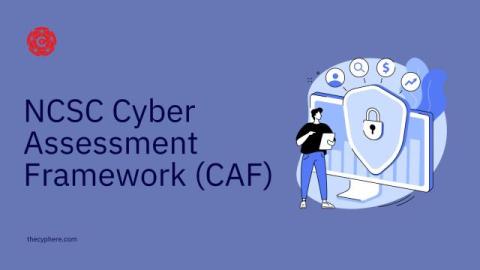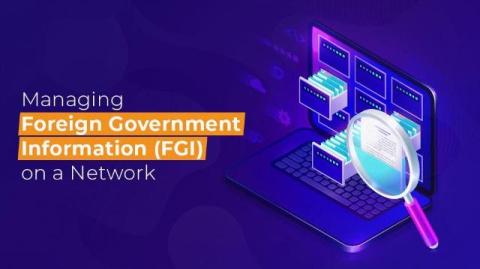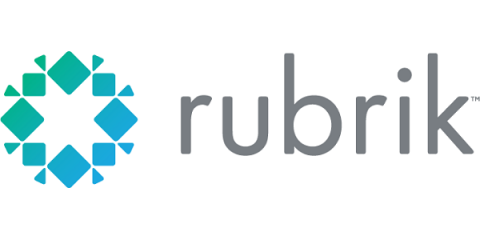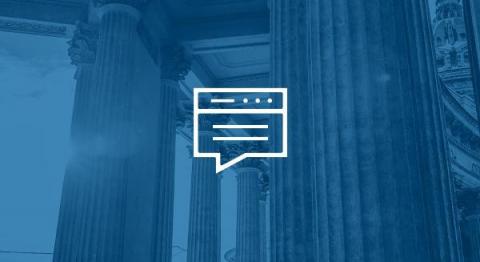NCSC Cyber Assessment Framework (CAF)
Cyber incidents can result in catastrophic consequences. Cyber risks faced by public sector organisations need a plan. NCSC developed the cyber assessment framework (CAF) to help organisations achieve and demonstrate cyber resilience, specifically in, specifically by identifying the important functions at risk of disruption due to cyber incidents.











